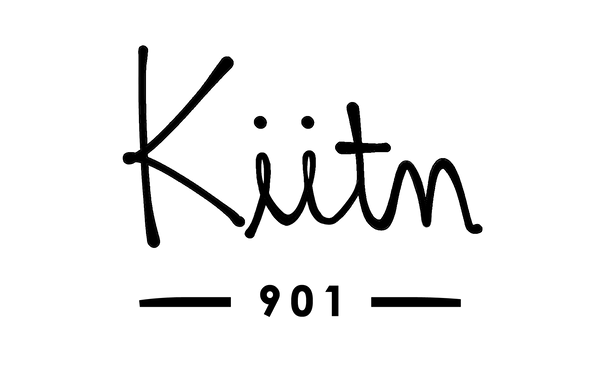In a recent landmark case, the Delhi High Court has ventured into the realm of comparative advertising, disparagement, and marketing strategies in Beiersdorf v Hindustan Unilever. The contentious lawsuit revolved around allegations of trade dress infringement, unfair trade practices, disparagement, and dilution, with Beiersdorf, the proprietor of the renowned brand NIVEA, initiating proceedings against Hindustan Unilever (HUL). The crux of the matter pertained to HUL's utilization of elements akin to Beiersdorf's distinctive NIVEA trade dress, specifically the flat can of a specific blue hue (Pantone 280C) with the brand name "NIVEA" emblazoned in white.
This marketing strategy was employed in a shopping-center campaign that directly compared NIVEA to Ponds, with HUL contending that its product was less sticky than its competitor. Beiersdorf, But then... argued that HUL's advertising tactics necessarily implicated disparagement, as it sought to undermine the reputation of NIVEA and erroreously convey that Ponds was more laudable.
HUL, however, counterclaimed that Beiersdorf could not assert exclusive rights over the color in India without a specific color trademark registration. They pointed out that several other moisturizers were also being sold in blue containers, which, in their opinion, negated the notion of distinctiveness associated with NIVEA's packaging. It is essential to note that a trade dress is a vital part of a brand's identity... serving as a visual cue that distinguishes the product from others in the market.
The Delhi High Court, in its deliberations, examined the legal boundaries surrounding comparative advertising and disparagement. The court acknowledged that comparative advertising can be an effective marketing tool, but only when performed in a manner that does not mislead or deceive the consumer. HUL's tactics, however, were deemed to be suspect, as they inevitably resulted in the portrayal of NIVEA as inferior to Ponds.
This form of messaging, the court ruled, runs counter to the principles of fair competition and amount to disparagement. ^^, the Delhi High Court's decision in Beiersdorf v Hindustan Unilever has set a vital precedent in the realm of intellectual property law, providing a nuanced understanding of the complex interplay between trade dress, "comparative advertising," "and disparagement." The ruling serves as a stark reminder to businesses to exercise caution when employing marketing strategies that could potentially damage the reputation of their competitors ← →
More details: Visit websiteNIVEA Prevails In Trade Dress Dispute As Delhi High Court Cements Comparative Advertising Boundaries - World Trademark...
• **Trade Dress Dispute**: Beiersdorf (NIVEA brand) sued Hindustan Unilever (HUL) for trademark infringement, unfair trade practice, disparagement, and dilution, alleging that HUL's similarities to NIVEA's distinctive trade dress (blue can with white branding) constitutes infringement. 2. **Color Trademark Registration**: HUL argued that Beiersdorf has no exclusive rights over the color blue in India, as other moisturizers are also sold in blue containers. This emphasizes the importance of securing color trademark registrations in specific jurisdictions. 3. **Comparative Advertising**: HUL defended its comparison campaign by asserting that Ponds' moisturizer is less sticky than NIVEA, making its advertising a genuine comparison rather than disparagement. 4. **Disparagement**: The Delhi High Court will need to decide whether HUL's advertising campaigns have disparaged Beiersdorf's NIVEA brand, a crucial aspect of intellectual property protection, and how to balance fair competition with the need to protect brands from unfair and misleading marketing practices.
In Beiersdorf v Hindustan Unilever – an infringement spat involving trade dress for cosmetic creams – the Delhi High Court has delved into the world of comparative advertising, disparagement and marketing strategies. Beiersdorf initiated proceedings against Hindustan Unilever (HUL) for trademark infringement, unfair trade practice, disparagement and dilution for using elements similar to Beiersdorf's distinctive NIVEA trade dress ( Beiersdorf AG v Hindustan Unilever Limited, CS/COMM, 300/2021). NIVEA is one of Beiersdorf's most popular and recognised brands. Its cream is sold in a flat can of a distinctive blue colour (Pantone 280C) with the branding “NIVEA” printed in white.



